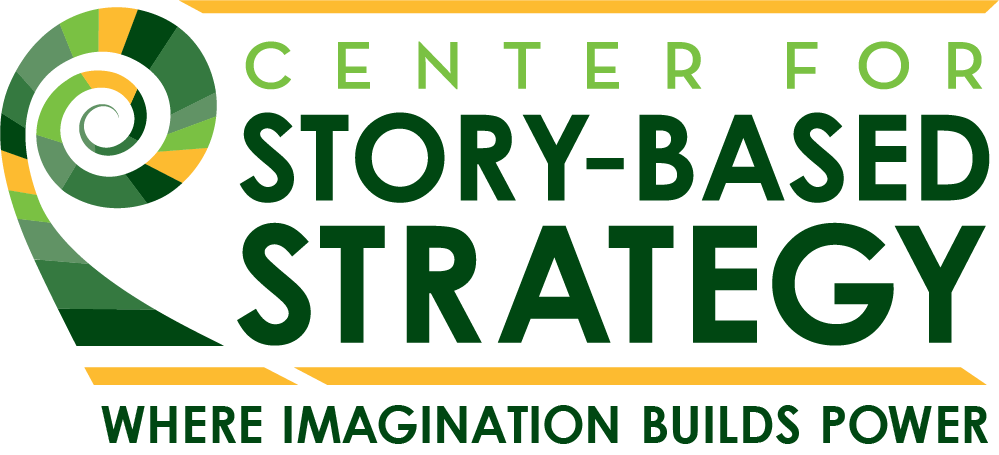The economics of control myths, or, the facts of poverty
Christine Cordero, Program Director
In story-based strategy, we often say "Humans are the narrative animal." All human cultures have created meaning and made sense of the world through stories. These stories and mythologies shape the way people think, what people believe about the world and each other, and perhaps most importantly shape what people believe is possible.
A particular type of story and mythology exists in popular culture and in political discourse that we call "control mythologies." These are the stories that are deeply embedded in culture and society and manifest in individual behaviors, societal policies, and popular culture that uphold existing structures of power.
Much like the myth of "Thanksgiving Dinner" and "Lincoln freed the slaves" erases the history of indigenous and slave resistance and minimizes the genocide of indigenous peoples, there are numerous control mythologies that justify the pervasive and increasing wealth inequality in the United States.
In this post, Everyday Feminism uplifts the prevailing myths surrounding poor people and economic inequality in America.
This article challenges and busts long held myths about poverty such as "poor = Black" and "poor people are unemployed"
I am left wondering what are the stories, not facts, we tell to challenge the dominant narrative around class and poor people? Do we have the winning stories and narratives? When we have them, how do we spread these stories to the people who need to hear them? How do we win the fight for the battle of the story for an economy that works for all people and the planet?
I have some ideas. What do you think?
Read the whole post here

